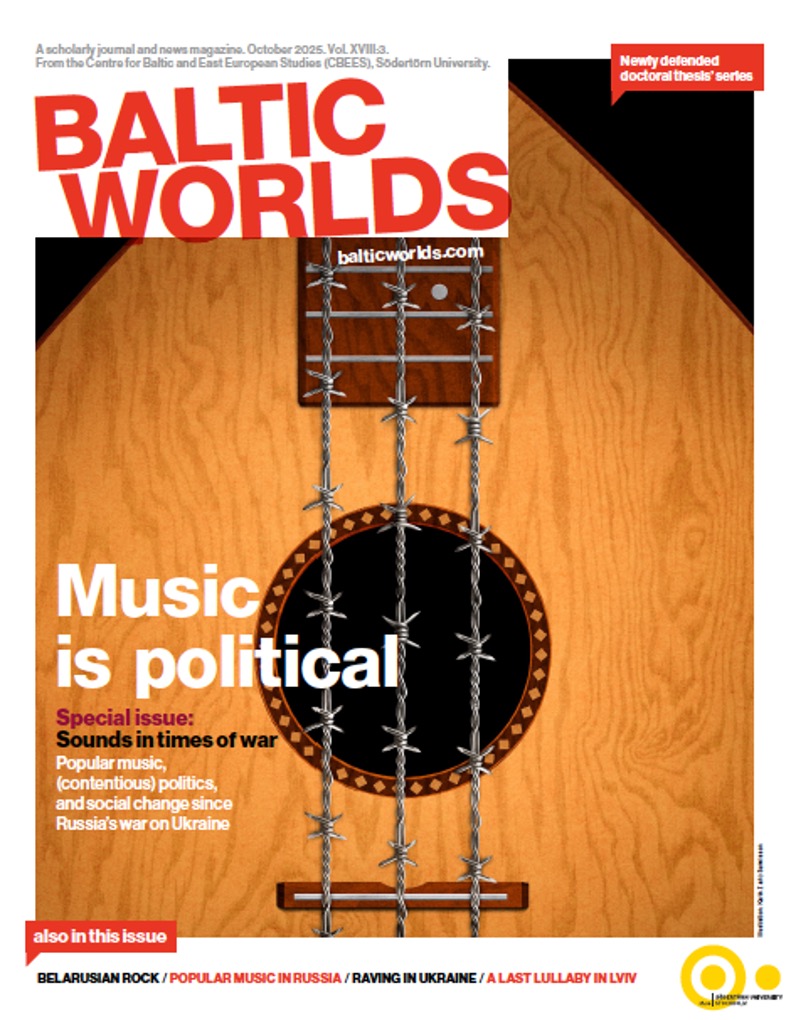Introduction. Sounds in times of war Popular music, (contentious) politics and social change since Russia’s war on Ukraine
That music may connect well with violence contradicts common understandings of music being a force of good which brings people together. While acknowledging that music can harmonize social relations, this special issue highlights the idea that music can equally justify war and ignite conflicts. Exploring music from such a matter-of-fact viewpoint shifts scholarly attention to the relationship between music, politics, and societal dynamics. This special issue does so in the context of Russia’s war on Ukraine.

 Issue 2025, 3:
Issue 2025, 3: